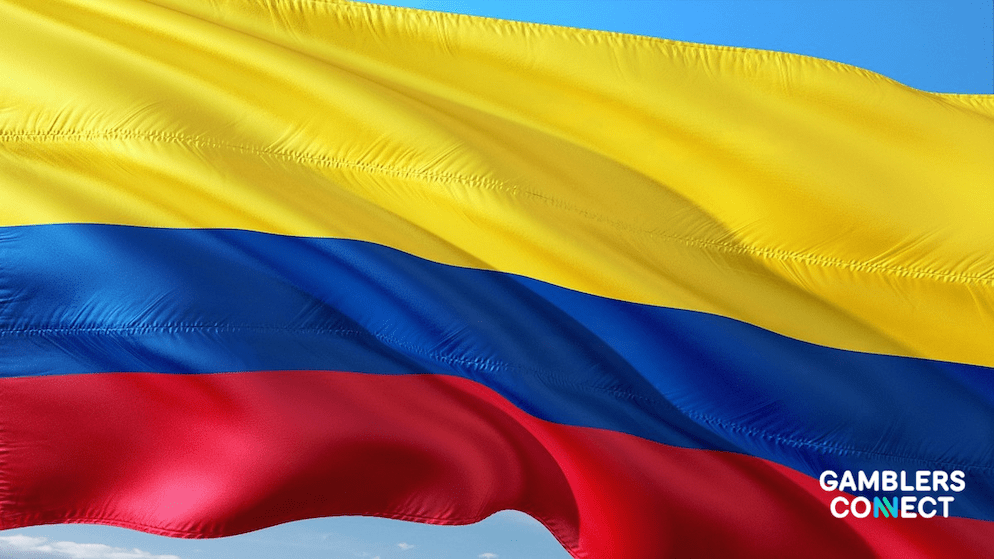Last updated on June 12th, 2025

Coljuegos, the official gambling regulator of Colombia, has announced that it blocked a whopping 10,000 illegal gambling websites and social media accounts, confirming its recent pledge to completely eradicate unlicensed operators.
According to the official statement by Coljuegos, among the 10,000 illegal Internet portals, the regulator blocked everything from online casinos to unlicensed sportsbooks, digital bingo halls, and social media profiles that promoted bonuses, raffles and other games of chance.
Moreover, Colombia’s regulator also stated that it is currently in the process of spearheading 35 administrative procedures against unlicensed gambling promoters, and this includes both online websites that promoted raffles across social media platforms and influencers.
The Coljuegos also worked with the Cybernetic Police Center and the Meta social media platform to block more than 289 profiles on both Instagram and Facebook, with the regulator saying that these profiles violated Columbian laws by promoting bingo games, raffles, illegal operators, etc.
According to Colombian law, as highlighted in article 312 of the criminal code, offering unlicensed games of luck is considered a crime, and any operators found guilty of breaking this law face being fined more than 100 the monthly minimum wage in the country.
Marco Emilio Hincapié, President of Coljuegos, said that this action only highlights the ongoing success of the regulator when it comes to battling illegal gambling in the country, adding that this recent development is the biggest case of blocking illegal portals in the history of the authority.
In light of the investigation and massive crackdown, the Coljuegos reminded operators and players from Colombia that there are only 16 licensed online operators who are legally approved by the government to offer their services.
In other news related to Colombia and online gambling, the government in the country has recently approved the Value Added Tax (VAT) on iGaming, a measure that aims to raise funds that are going to be allocated toward the humanitarian crisis in the city of Catatumbo which saw more than 39,000 Columbians leave their homes.
The government in Colombia expects that the newly introduced VAT tax will raise more than $500 million per year despite the concerns of some financial experts about the long-term effects of this legislation.





